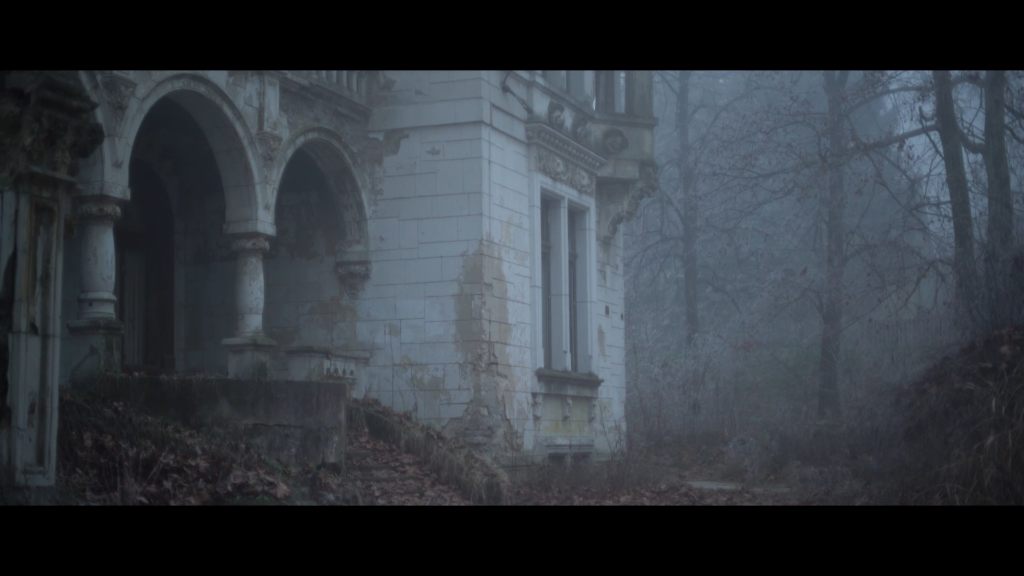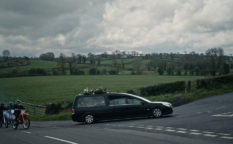Review: Belonging (2020)

The destiny of the so called Donauschwaben, ethnic Germans that lived in the former Yugoslavia, Hungary and Romania is well-documented, well-known and quite tragic, but in some countries like Serbia any notion of talk on that topic is still considered a taboo. From time to time, there is a noble effort to raise the question of crimes committed against this ethnic minority after the World War Two, but most of those attempts fly under the radar. There is still the odium of the “mainstream” response, insisting on the collective guilt of Germans for the war atrocities, so the crimes against Germans are not something that would be gladly spoken about.
Climate in the Serbian cinema is slightly better for that kind of topic than in the rest of society, but is still far from favourable: “the difficult” tends to be ignored by the wider audience. Tea Lukač’ documentary Belonging, premiering at Beldocs, can be considered an honest and brave effort to put the hugely important historical subject and the destinies of the individuals in the spotlight.
The history of Donauschwaben begins with the 18th century colonization of the swamplands between the rivers Tisa and Danube in Panonian flatlands. Germans who came on boats have spent generations doing the pioneer work of draining and cultivating the land, later introducing the industry and craftsmanship. The seismic shift of World War One divided the territory they inhabited into three different countries, but the Schwaben were loyal both to their nation and the countries they lived in. Their tragedy started with the beginning of World War Two, when the agitators from the Reich put the pressure on the locals to join the cause, while the events of 1944/5, with the arrival of the Red Army and the partisans to the territory were the bloody end to it. Violence brings violence, but it is still worth noting that tens of thousands of people, predominantly civilians, women, children and the elderly, were murdered at the death camps, with even greater numbers of them expelled and stripped of their citizen- and property rights.
In her film, Tea Lukač combines the narrations of the people who were somehow affected by those crimes with Staša Bukmirović’s newly filmed footage of the frozen and foggy landscapes of Vojvodina, the crumbling architectural structures left by the German community and the archival family photos of her narrators. Some of those people are now elderly, but they witnessed the mistreatment by the communist government in their young age. Others are the descendants of the killed and the harassed people, retelling their ancestors’ memories. Swiftly edited by Lukač and Mina Petrović and accompanied with the fittingly eery, but surprisingly diverse score written and performed by Boris Zaborski (who also served as the film’s sound designer), Belonging is a powerful testimony of pain and violence, equally informative and emotional, but never indecent nor manipulative. It is a hugely important film.
Original title: Pripadnost
Year: 2020
Runtime: 50’
Country: Serbia
Language: Serbian
Directed by: Tea Lukač
Cinematography by: Staša Bukmirović
Edited by: Tea Lukač, Mina Petrović
Music by: Boris Zaborski
Sound design by: Boris Zaborski
Sound recording by: Tea Lukač
Colourist: Staša Bukmirović
Assistant director: Damir Romanov
Produced by: Dragan Bjelogrlić, Goran Bjelogrlić
Exectutive producer: Andrijana Sofranić Šućur
Production company: Cobra Film
Supported by: Republic of Serbia – Ministry of Culture and Media
















